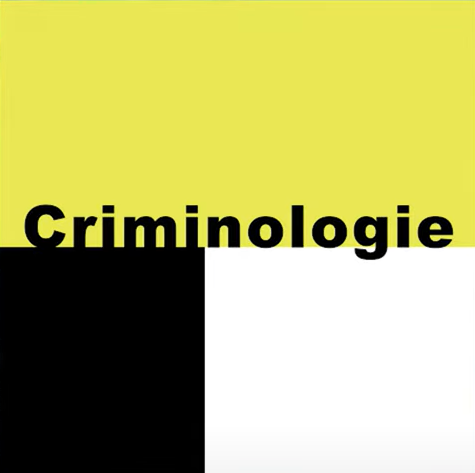Sections 36(1) and 36(2) of the Immigration and Refugee Protection Act establish the criteria for declaring a non-citizen found guilty of a criminal offense in Canada inadmissible on grounds of (serious) criminality. This article conceptualizes these inadmissibility provisions as a double penalty for non-citizens and as an act of internalizing the Canadian border, arguing that judges in the criminal justice system have acquired the power to (de)construct this border. Based on a jurisprudential analysis of 59 decisions written by municipal courts and the Court of Quebec between 2002 and 2023, the study examines how judges in the criminal justice system perceive their role in light of such power. The results suggest that judges in the criminal justice system can be divided into three main groups based on their conception of their role: while some judges accept and integrate the power to contribute to the construction, maintenance, or dismantling of the border into their decision-making process, others make efforts to justify why they refuse to integrate it. The article concludes that the power granted to judges in the criminal system by the Immigration and Refugee Protection Act has transformed Canadian penal policy not only by altering the measures imposed by the system but also, and perhaps most importantly, by changing the practices of the actors within it.
This fortieth episode features an interview with Meritxell Abellan Almenara.

Attention - Votre version d'Internet Explorer est vieille de 20 ans et peut ne pas vous offrir une expérience optimale sur le site du CICC. Veuillez mettre à jour votre ordinateur pour une expérience optimale. Nous vous recommandons Firefox ou Chrome, ou encore ChromeFrame si vous êtes dans un environnement corporatif ou académique dans lequel vous ne pouvez pas mettre à jour Internet Explorer.